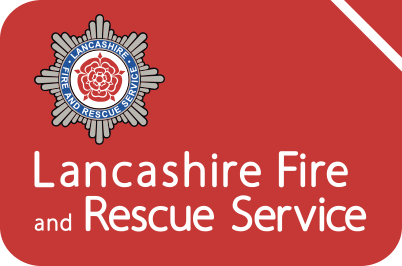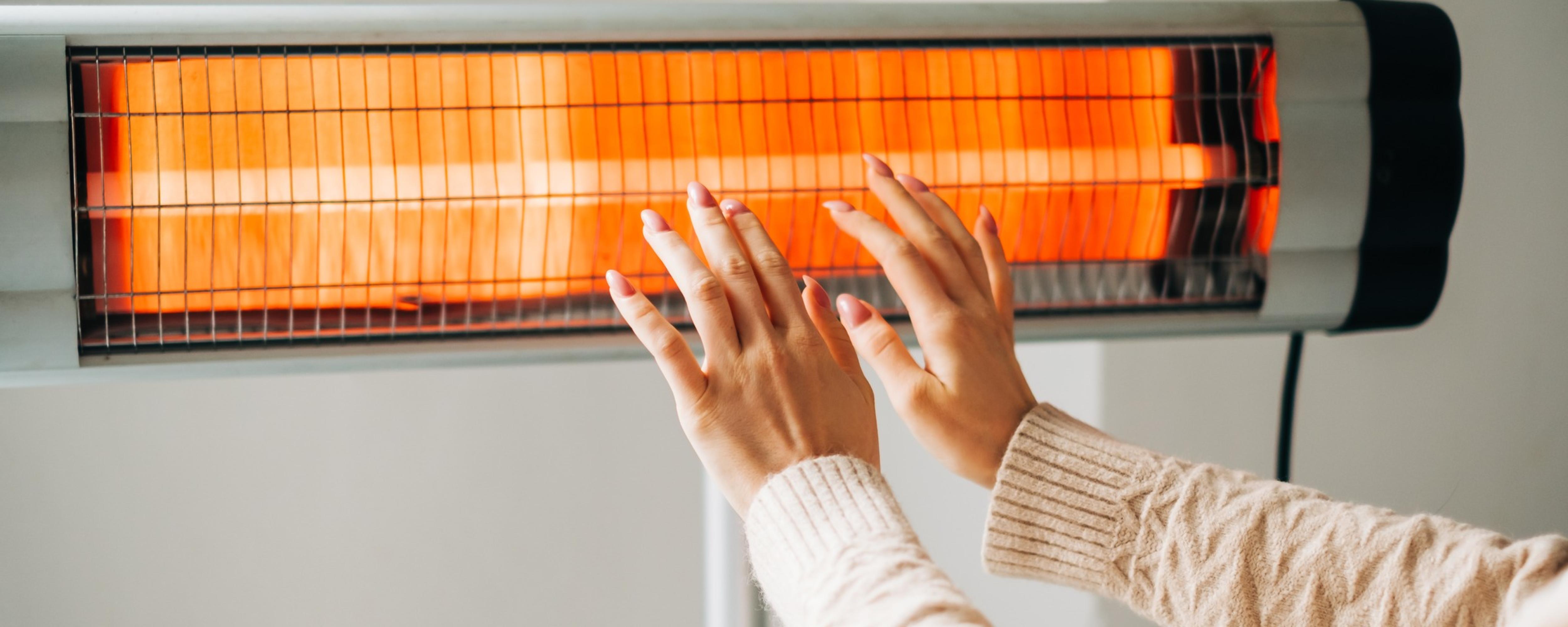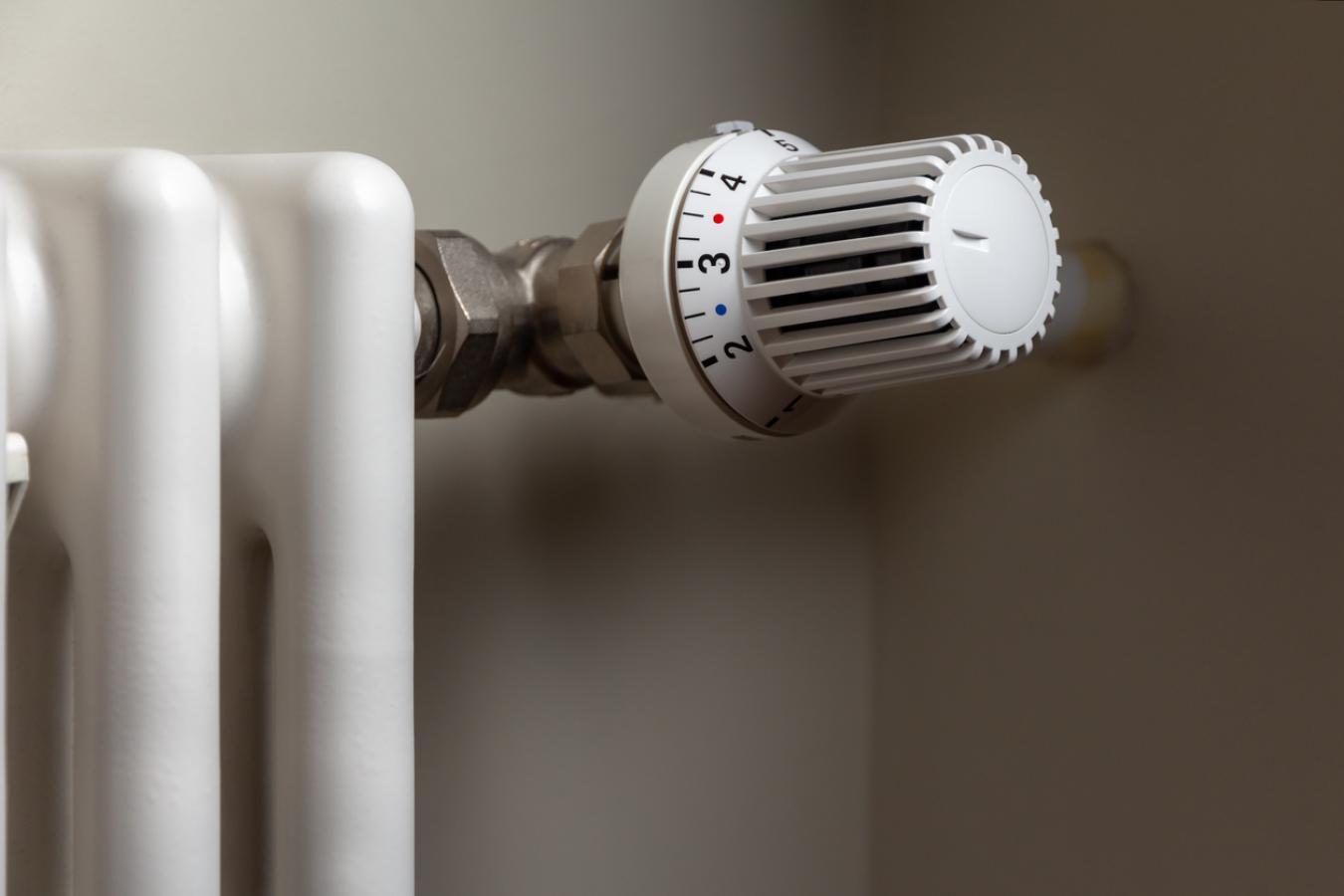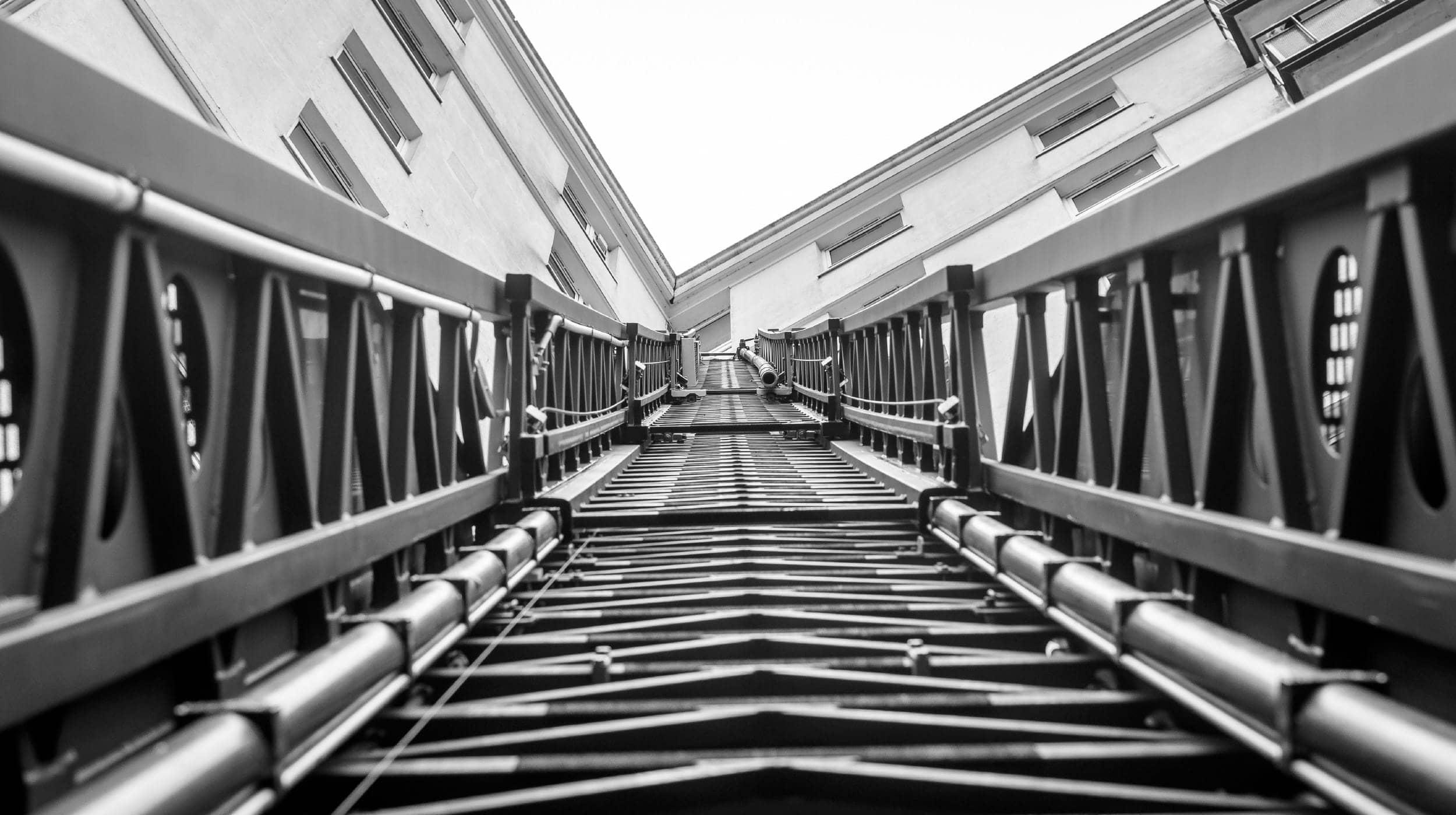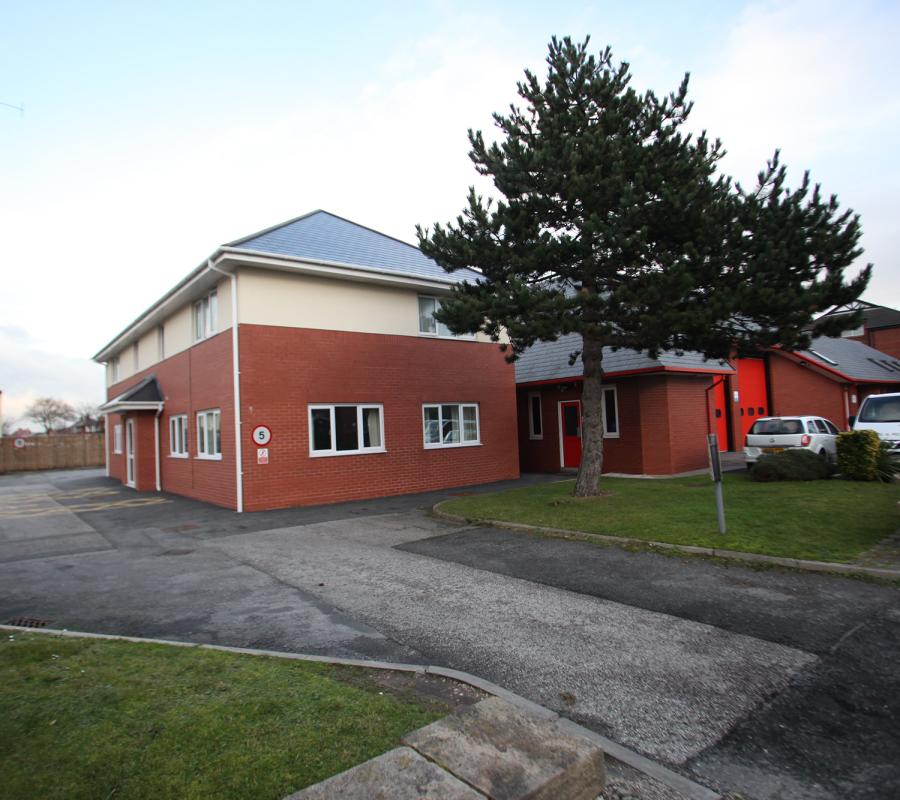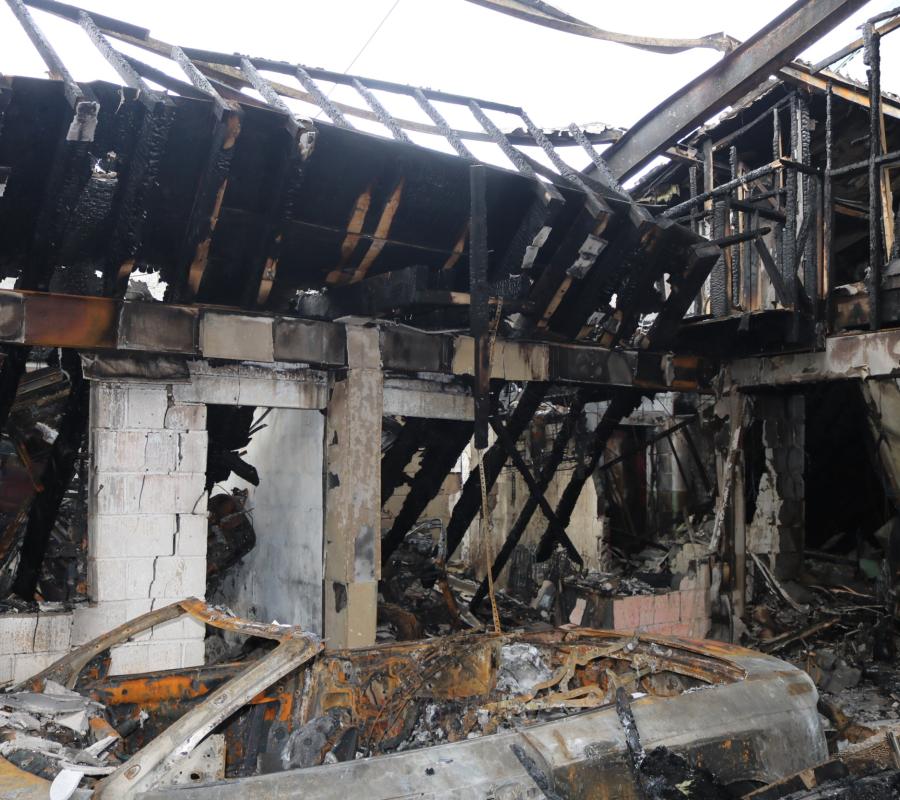Keeping Warm
Living in a cold home is not just uncomfortable, it can be quite hazardous too. Making sure your home stays at a temperature of around 18°C can help prevent health problems. That said, there are many reasons that someone may find themselves struggling to keep warm over winter.
Whether its paying the bills, broken equipment, complicated heating equipment, poor insulation or property in a poor state of repair or perhaps even a misconception that being cold is good for you.
Heating your home is an absolute necessity and staying warm – particularly during the winter months – is vital for your health.
Heaters of all kinds come with their own set of risks. This page features lots of advice to help you heat your home safely.
